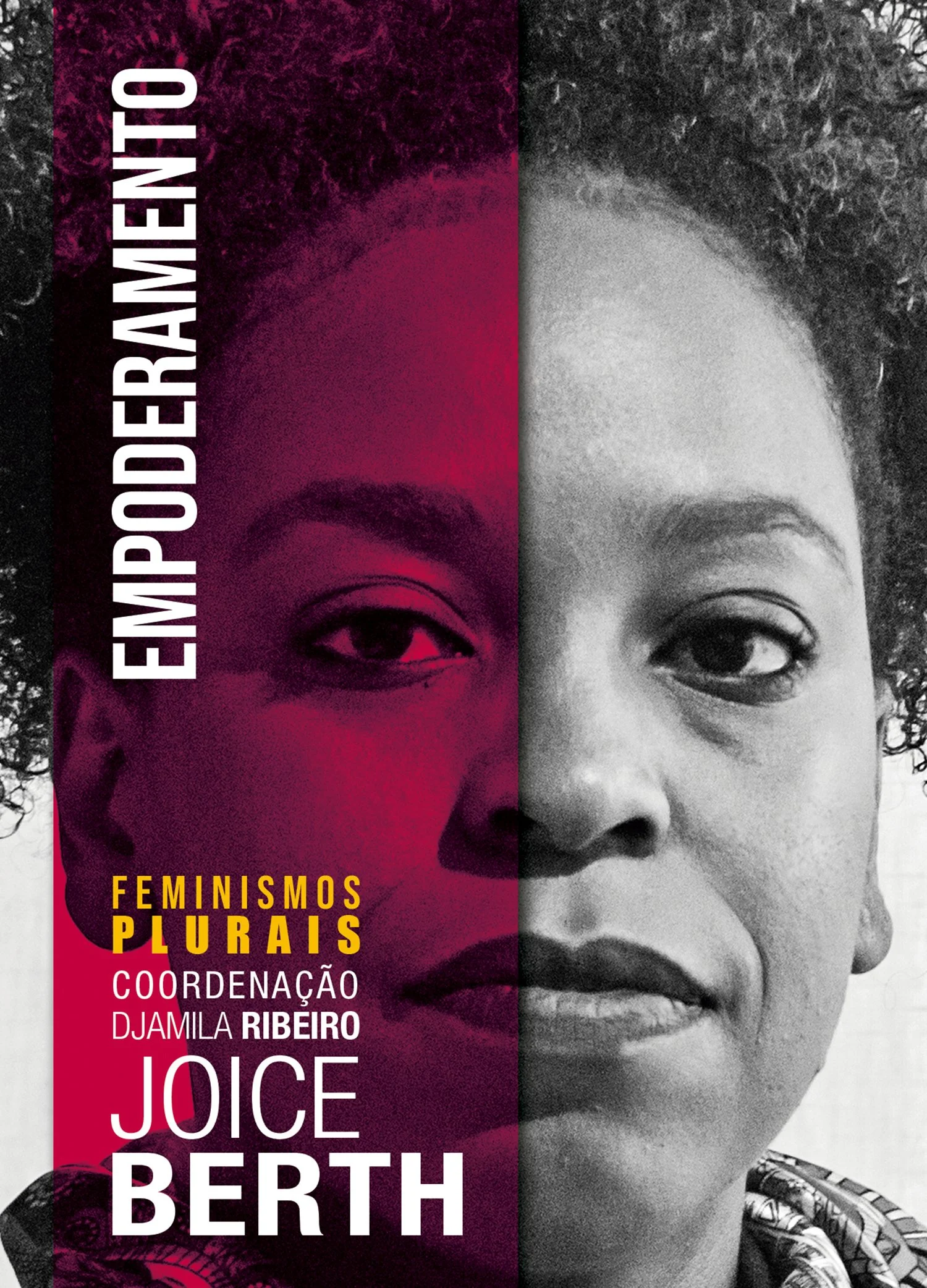Arquiteta pós-graduada em Direito Urbanístico pela PUC de Minas Gerais e autora do livro Empoderamento (coleção Feminismos Plurais, editora Pólen), a escritora e ativista feminista Joice Berth fala sobre a importância do feminismo negro, de mulheres inspiradoras e sobre a população feminina negra no Brasil num futuro próximo.
Qual é a melhor definição para o seu trabalho?
Bem, sou arquiteta e urbanista, escritora, psicanalista em formação, pesquisadora independente e assessora parlamentar de um político importante (Eduardo Suplicy). Acredito que todas essas funções reunidas me levam para o caminho da intelectualidade, de despertar nas pessoas, por meio da comunicação oral e escrita, uma consciência crítica e humanitária voltada para o bem-estar social e individual. Então eu me definiria, pensando em tudo o que faço, como uma facilitadora da conscientização crítica.
Quem te inspira?
Atualmente quem tem me inspirado muito é a Virgínia Bicudo, psicanalista negra pioneira na sistematização da psicanálise no Brasil. Estou lendo e estudando seu pensamento em psicanálise e sociologia. Lélia Gonzáles é uma inspiração eterna, assim como Agnès Varda, Poly Styrene, Pauline Black e Betty Davis. Também amo a Michelle Obama e a Anna Wintour, porque são discretas, inteligentes e seguras do poder pessoal que carregam.
Onde renova seu olhar?
Na beleza das coisas. Existe beleza onde a mesmice e a falta de criatividade não têm espaço, e é nesses lugares que meu olhar se renova.
O que aprendeu recentemente com uma mulher e que te marcou muito?
Presenciei na Flip (Feira Literária de Paraty) deste ano uma conversa informal entre Grada Kilomba (artista portuguesa) e Djamila Ribeiro (pensadora), quando Grada disse a Djamila: “Não suje os seus sapatos, não desça de onde você subiu com tanto sacrifício”. Isso está reverberando até agora na minha mente. Foi uma das conversas mais bonitas e inspiradoras das quais tive o prazer de participar na vida. Ela se referia a pessoas de mente limitada pela colonização. É o que ela chama de “vozes do passado”.
O que você gostaria de ouvir uma mulher branca dizendo a uma mulher negra?
Gostaria de ouvir e ver uma mulher branca discutindo com seriedade o preterimento e o celibato definitivo de mulheres negras. E cobrando dos homens, brancos e negros, uma postura mais respeitosa e amorosa diante das nossas existências. Gostaria que mulheres brancas descobrissem e discutissem sobre o quanto a desumanização da mulher negra molda seus relacionamentos com os homens, estabelecendo um modus vivendi perigosamente falso.
Qual o papel do feminismo negro dentro do feminismo no Brasil hoje?
Mostrar que exclusões e hierarquias são negativas, que o poder patriarcal e eurocêntrico é limitador e destrutivo, que se não estiver bom para todos, não estará bom para ninguém. Enfim, o papel do feminismo negro é mostrar que o mundo tem todas as condições de ser um lugar melhor, realmente civilizado e empático.
O que você espera que tenha mudado para as mulheres negras no Brasil em poucos anos, num futuro próximo?
Quero mulheres negras brilhando em todas as áreas trabalhistas, em todos os setores, para podermos, quem sabe, falar em meritocracia real. Temos muita capacidade, o que sempre nos faltou sempre e ainda hoje nos falta é oportunidade!
